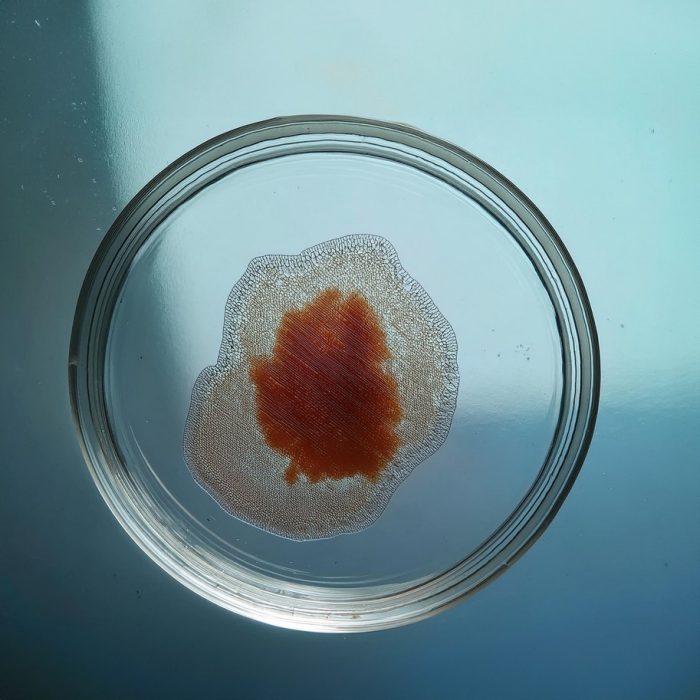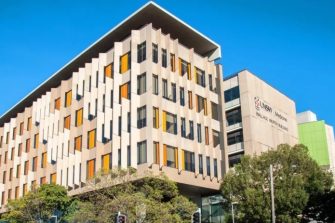Explants

Description
Explant culture is a technique that allows researchers to study cells and tissues outside of the organism. It allows researchers to study development and disease using intact human tissue with a complete microenvironment. By maintaining these cultures in physiological hoods, physiologically relevant oxygen levels can be maintained to promote healthy growth and improve downstream analysis for developmental studies and drug screening.
Specifications
-
Explant cultures maintain the innate microenvironment by keeping the tissue intact and preventing cell dissociation, leading to a cellular phenotype more closely resembling that of the patient tissue
-
By keeping the tissue intact, explants maintain their natural cell-cell and cell-ECM interactions. The cells within the explant can continue to interact with each other and the matrix, which is crucial for maintaining tissue-specific properties and signalling.
-
The extracellular matrix (ECM) plays a crucial role in maintaining tissue structure and function. In explant culture, tissues can maintain their naive ECM and can be further assisted through addition of natural or synthetic scaffolds.
-
Growth factors, cytokines, and hormones that are critical to tissue development, repair, and function can be maintained within explant cultures.
Applications
- Ex Vivo
- 3D Culture
- Organoids
- Drug Screening
- Tumour Biology
- Developmental Biology
- Drug Testing
- Tumour Progression
- Tumour microenvironment
- Metastasis
- Immunotherapy Immune landscape
- Personalised Medicine
- Precision Medicine
Instrument location
3D Culture Facility
Room 2061, Level 2
BioSciences Building (E26)
UNSW Sydney, NSW 2033
Phone: 02 9348 8212
Email: 3DCulture@unsw.edu.au
Dr Alison Ferguson
-
Phone
02 9348 8212 -
Email
alison.ferguson@unsw.edu.au
Parent facility
Explore more instruments, facilities & services
Our infrastructure and expertise are accessible to UNSW students and staff, external researchers, government, and industry.






